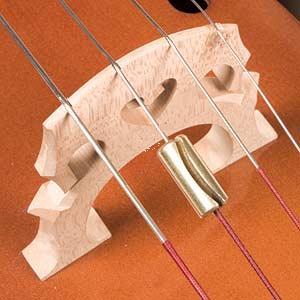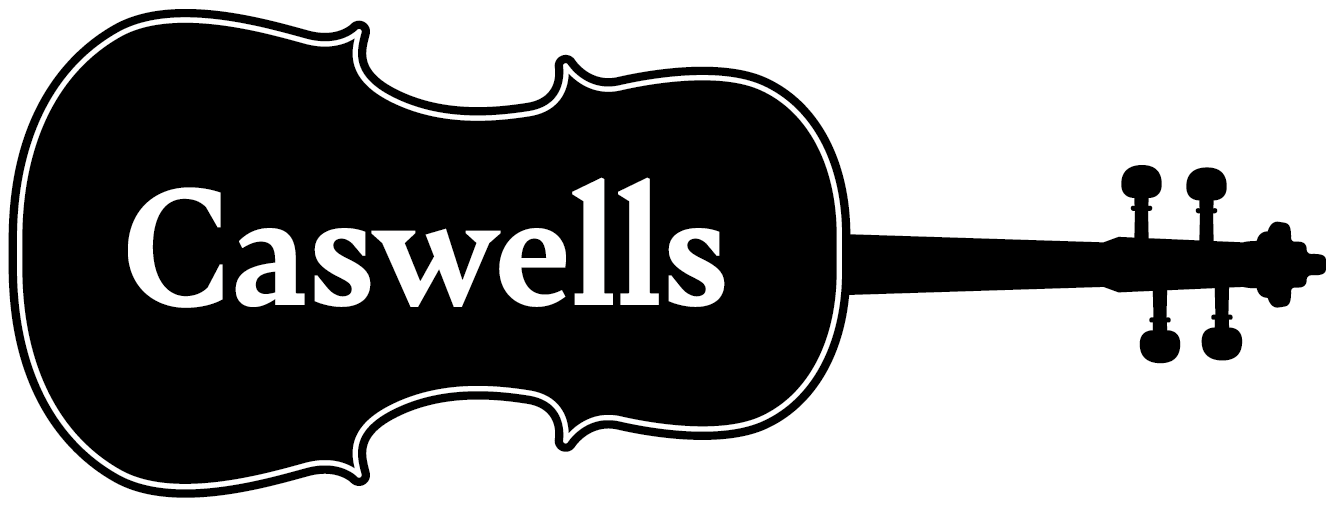Many a time I have demonstrated Cellos to aspiring Cellists only to get the teacher on the Cello and ‘woowowo’ – out pops the Wolf!
The teacher understands, because Wolf notes are a fact of life, even with the best and most expensive Cellos, but the affect on the student and parents is always interesting.
While the warble can migrate and come from almost anywhere, it most commonly lurks on the 4th position on the G string. By sliding your finger somewhere between the E and G you can often pick up the Wolf. Other common positions are high on the C string and first position on the D. On a recent £2000 Cello we were unlucky enough to pick up one on the A string – but which was successfully slain!
So what can I do to mitigate the ‘Wolf note’?
It is a fact that some professional players can ‘play around’ the wolf by using bow dynamics – a shorter upstroke , lighter touch, a different bow, playing closer to the bridge are some of the techniques used. Many prefer this because they find that a wolf note suppressor will sometimes dampen down the played string on a very expensive Cello.
Some suggestions:
Changing the setup of your instrument could be a useful way to reduce a wolf note. Adjustments by a clever Luthier, to the sound post or bridge, can help to minimize a wolf note problem.
A common solution is to fit a wolf note suppressor to your cello. These little gadgets are fitted to the strings between the bridge and the tailpiece and then moved to the appropriate place. The usual eliminator is a small brass tube lined with rubber or the newish LupX range. Another approach is the New Harmony range which is claimed to reduce any dampening effect – they come in various weights which gives more scope for selection depending on the severity of the wolf.
In one particularly stubborn ‘wolf’ on an expensive cello we had to resort to an internal resonator . The wolf note was identified by fixing the eliminator to the outside of the Cello. Once the true spot was found this was then glued to the inside, which proved very effective
Often, on the positive side, we do find with new Cellos that the wolf will disappear of its own accord as the Cello matures.




